Did you know that more than 2.65 million apps are available on the Google Play Store and nearly 2 million on the Apple App Store? It reflects the importance of mobile apps in today's world.
Mobile apps not only offer convenience and accessibility to users but also provide numerous benefits to businesses. They allow businesses to reach a wider audience, increase customer engagement, and boost revenue. Studies have shown that mobile apps can increase customer loyalty by up to 80%.
With the increasing demand for mobile apps, businesses need to have a well-designed and fully functional mobile app. With the right features, a mobile app can help a business stand out.
In this post, we'll unveil the top 10 essential mobile app feature s to help your app stand out and offer a great user experience.
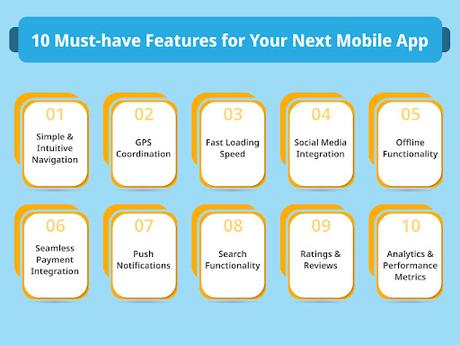
Simple & Intuitive Navigation
A simple and intuitive navigation system ensures that users can easily move through the app, find what they need, and accomplish their goals without frustration.
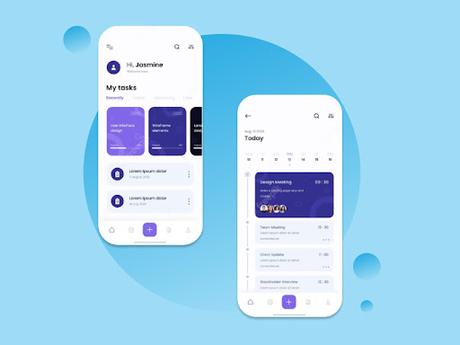
Why Is Simple & Intuitive Navigation Important for A Mobile App?
Examples Of Effective Navigation Design
Hamburger Menu: It is a popular navigation design consisting of three horizontal lines stacked on each other.
Bottom Navigation Bar: It displays a row of icons at the bottom of the screen.
Tab Bar: It is similar to the bottom navigation bar but displays tabs instead of icons. The design is useful for apps with multiple levels of navigation and content.
GPS Coordination
If you're developing a mobile app, integrating GPS coordination as one of your mobile app features can help you create a more robust and user-friendly app.
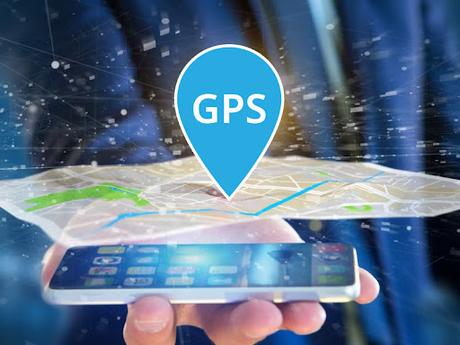
Here are some key benefits of GPS coordination:
- Real-time Location Tracking: GPS lets your app track the user's location in real time. It is helpful for various services, such as ride-hailing, package tracking, and emergency services.
- Geo-Fencing: With GPS, you can create a virtual boundary around a specific location and trigger an action when the user enters or exits that boundary.
- Mapping & Navigation: GPS can provide accurate and up-to-date maps and navigation services. It helps users navigate more easily.
- Local Search: With GPS, you can provide users with location-based search results for nearby businesses, restaurants, and other points of interest.
- Social Check-Ins: GPS can also allow users to check in to specific locations and share their location with friends and followers on social media.
Fast Loading Speed
Fast loading speed is critical for providing users with a seamless experience and improving user engagement and retention.
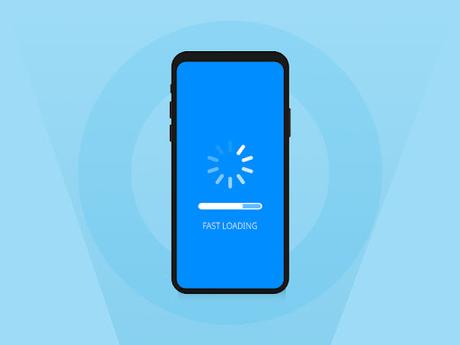
Let's explore some of the reasons why fast loading speed is essential for mobile apps:
User ExperienceFast loading speed ensures that users can access the app's content and features quickly. It improves the overall user experience and makes the app more appealing.
User RetentionSlow loading speed is a significant cause of user frustration and can lead to users abandoning the app altogether. Fast loading speed improves user retention and encourages users to continue using the app.
User Engagement: Fast loading speed also improves user engagement by allowing users to interact with the app's features quickly and easily. It increases the likelihood of users staying engaged with the app for longer and using it more frequently.
Did you know that slow loading speed can significantly impact user engagement and retention? Let's take a look at some eye-opening statistics:
- Google claims that 53% of mobile users will abandon a website if it takes longer than 3 seconds to load.
- A study by Akamai found that a 100-millisecond delay in website load time can result in a 7% reduction in conversions.
Social Media Integration
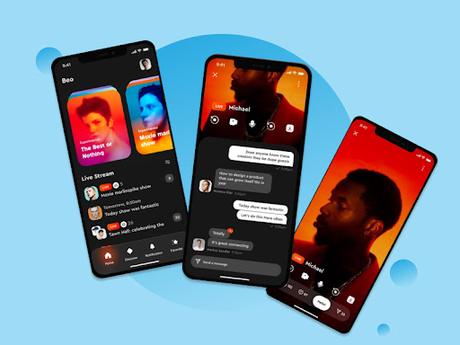
Social media integration has become a crucial feature for mobile apps. Here are some benefits of integrating social media into your app:
Examples Of Social Media Features To Integrate
Social Login: Allow users to log in to your app using their social media accounts, such as Facebook, Google, or Twitter, to simplify the registration process and reduce friction for new users.
Social Sharing: Enable users to share app content, such as images, videos, and articles, on their social media profiles to promote the app and increase user engagement.
Social Invites: Allow users to invite their friends and family to join the app using social media contacts, such as Facebook friends, Twitter followers, or LinkedIn connections.
Offline Functionality
Mobile apps can be frustrating when they require a constant internet connection. It is where offline functionality, one of the amazing mobile app features , comes in, allowing users to access app content even without an internet connection.
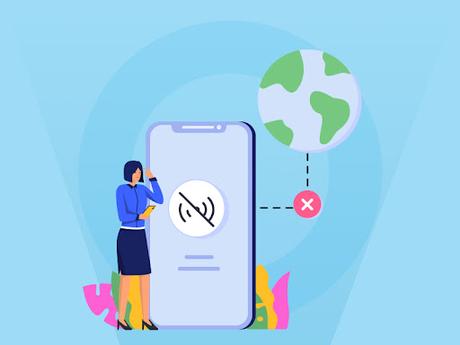
Importance Of Offline Functionality
Many users need access to a stable internet connection at all times, especially when traveling or in remote areas.
- Offline functionality enhances the user experience by allowing them to access important content even when offline.
- It can increase user engagement and satisfaction, leading to higher retention rates and positive reviews.
Examples Of Apps With Offline Functionality
- Google Maps allows users to download maps of specific areas for offline use.
- Spotify allows users to download songs and playlists for offline playback.
- Evernote allows users to access notes and documents offline.
- Pocket enables users to save articles and videos for offline reading and viewing.
Seamless Payment Integration
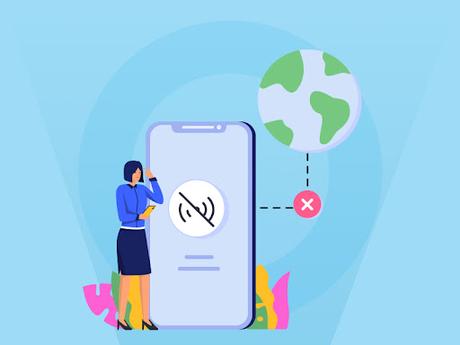
In many cases, mobile apps require a seamless payment integration to facilitate easy and secure payments and transactions for their users.
Importance Of Seamless Payment Integration For Mobile Apps
Boosts User Experience: It enhances the user experience by enabling users to make quick, easy, and secure payments within the app.
Increases Conversion Rates: By offering a frictionless payment experience, mobile apps can increase conversion rates and reduce cart abandonment rates.
Builds Trust: A secure and reliable payment processing system builds customer trust and credibility.
Examples Of Payment Integration For Mobile Apps
In-App Purchases: It enables users to buy digital content or services directly from within the app without leaving the app or entering their payment information repeatedly.
Mobile Wallets: Mobile wallets, such as Apple Pay, Google Pay, and Samsung Pay, allow users to store their credit card information and securely make payments.
Push Notifications
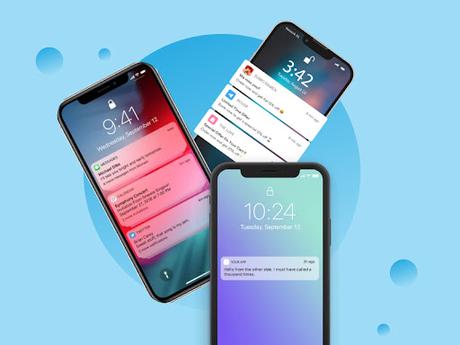
Push notifications are an essential feature of mobile apps that provide immense value to users. The key benefits of push notifications include:
Examples Of Effective Push Notifications
Reminders: Push notifications remind users about upcoming events, appointments, or deadlines.
Updates: Notify users about app updates, new features, or bug fixes.
Offers and Promotions: Send push notifications to promote sales, discounts, or special offers.
Search Functionality
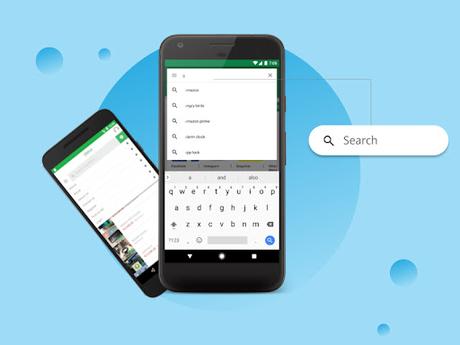
Search functionality is a crucial component of any mobile app, allowing users to quickly and easily find the content they need.
Here's why it matters:
Exploring The Various Forms Of Effective Search Design
Predictive search: The mobile app feature suggests search terms as users type, based on what they've searched for in the past. It can save time and provide a more seamless experience.
Filters: It allows users to narrow search results by category, price, location, and other criteria. They help users find what they need quickly and easily.
Auto-correction: It automatically corrects spelling errors in search queries, improving the accuracy of search results.
Ratings & Reviews
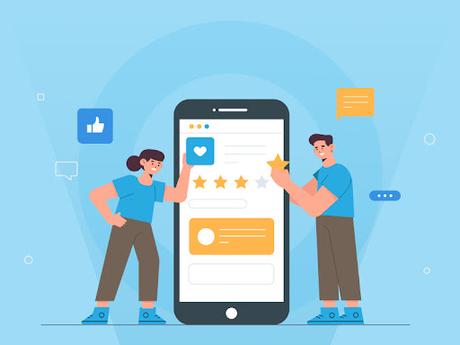
Ratings and reviews are critical components of mobile apps.
- Ratings and reviews provide feedback to app developers and potential users.
- They help app developers identify bugs and improve the user experience.
- They offer valuable insights to potential users to make informed decisions about downloading an app.
- They influence app store algorithms, which determine the visibility and ranking of apps in app stores.
Effective Ratings & Review Systems
Star ratings: A simple and effective way for users to rate an app on a scale of one to five stars.
Written reviews: Allows users to provide more detailed feedback and explain their rating.
In-app feedback forms: These forms give users an easy way to share feedback within the app.
Social Proof: Promising positive ratings and reviews on the app's landing page can encourage users to download the app.
Analytics & Performance Metrics
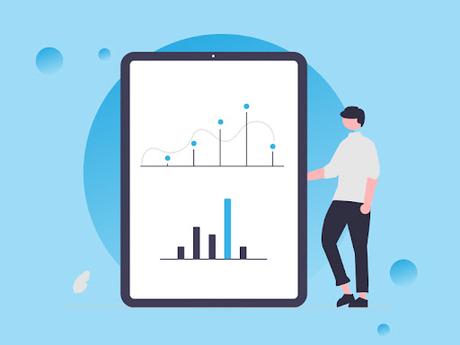
Analytics and performance metrics provide valuable insights into user behavior and help developers make data-driven decisions.
Let's see why you should pay attention to these metrics:
If you want to improve your app's analytics and performance metrics, you can hire mobile app developer s with a strong track record.
Examples Of Useful Metrics
User Retention: It measures the percentage of users who return to your app after installing it. A high retention rate means users find your app valuable.
App Crashes: Tracking app crashes helps you identify and fix bugs impacting the user experience.
Conversion Rate: It tracks how many users complete a specific action, like purchasing or signing up for a subscription.
To Conclude
Developing a mobile app with the right set of mobile app features can make it a game-changer for your business. A well-designed app can enhance user engagement, increase customer satisfaction, and boost brand loyalty.
By incorporating these must-have features, you can create an app that meets and exceeds the user's expectations. Remember that user feedback and continuous updates are crucial for the success of your app.
So, invest in reliable mobile app development services , and ensure that your app is always up-to-date with the latest technology and trends. With the right approach, your app can become app-absolutely awesome!
